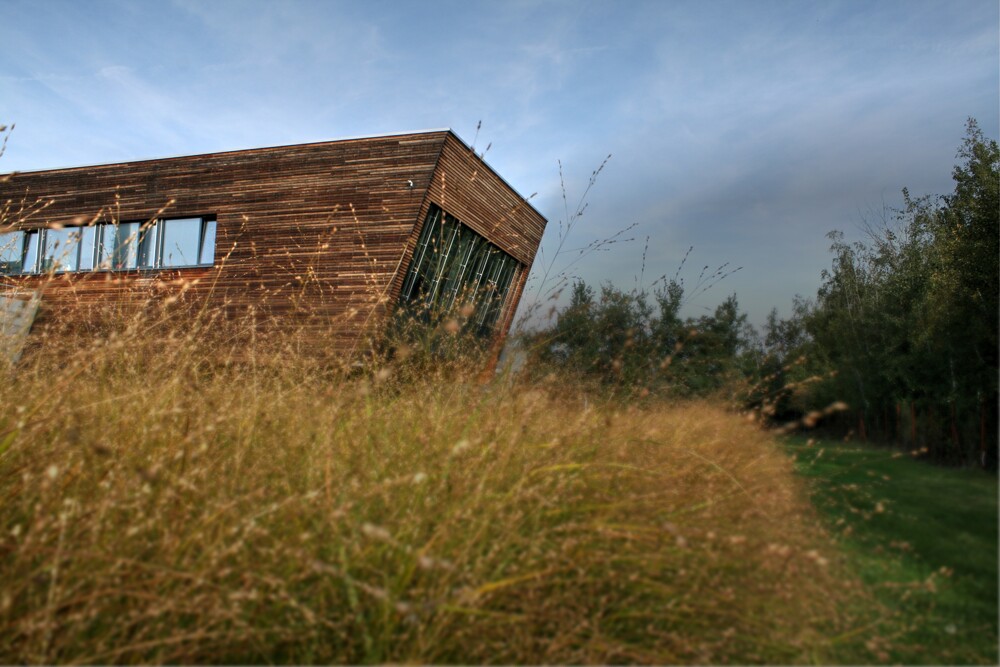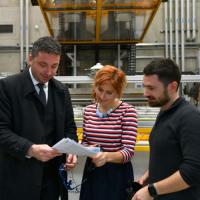

The University Center for Energy Efficient Buildings of CTU is the main partner of Kladno within the prestigious international SPARCS project. Our common goal is to establish at least one energy self-sufficient district or complex of buildings in the city, actively involve citizens in the energy strategy and significantly increase the share of renewable sources in electricity production.
Kladno was one of the first cities in the Czech Republic to get the opportunity to participate in the five-year SPARCS international project. This is part of the larger European program of the European Commission to support science and research HORIZON 2020, which brings together a total of 31 partner organizations in one common consortium, which will share information and experience with each other.
With the help of CTU UCEEB and other European cities involved in the project, Kladno will create its own vision tailored to local needs within five years. Its specificity will be the search for the possibilities of gentle and at the same time effective use of a large underground water reservoir within the framework of thermal management.
"The main idea is for cities to be an active contributor to the energy balance, so that they not only take electricity and thermal energy from the superior energy network, but also produce electricity and heat themselves. In Kladno, an area or district should gradually emerge that will produce more than it consumes during the year, and supply the surplus to the network. In this way, it is possible, for example, to cover up unexpected fluctuations in consumption in the superior network. The city can gradually achieve so-called carbon neutrality, when it compensates for the production of greenhouse gases from primary sources with its own production of energy from renewable or secondary sources," says Michal Kuzmič coordinator of the SPARCS project for CTU UCEEB.
One of Kladno's priorities is to create a standardized plan for a carbon-free and energy-efficient city, the so-called SECAP (Sustainable Energy and Climate Action Plan), within about two years. In it, among other things, it is committed to reducing the city's emissions by 40% by 2030, especially in the case of greenhouse gases.
Among the first tasks in the SPARCS project, in which CTU UCEEB will participate, in the coming months will be the mapping of Kladno in the field of strategic planning and energy, together with the creation of its initial profile as a basis for determining Vision 2050. The city could present it to the public already at the end next year.
"Subsequently, we would like to discuss the document directly with citizens and local companies or investors and involve them. We would like to ensure that people are interested in how the city works energetically," stated Mayor Dan Jiránek, adding that know-how can also be brought by the involvement of ministries, universities, the European Pact of Mayors and the Association of Energy Managers of Cities and Municipalities ( SEMMO), to which Kladno intends to join in the foreseeable future as one of the few Czech cities.
You can read more details about Kladno's involvement in the SPARCS project ZDE
This project received financial support from the European Union's Horizon 2020 research and innovation program under grant agreement No. 864242.